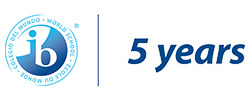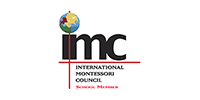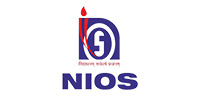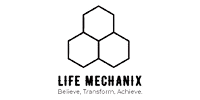Pens, Papers, and Progress: Are We Still Stuck in the Past?
As a DP1 student at Manchester International School, a leading IB Continuum school, I often find myself questioning the relevance of traditional pen-and-paper examinations in today’s rapidly evolving educational landscape. Living in a world dominated by AI, virtual classrooms, and immersive simulations, the methods we use to assess knowledge and skills may no longer serve their intended purposes.
On one hand, there’s an undeniable power in the act of writing by hand. The focus it requires, the structure it demands, and the physical engagement it entails provide a discipline that typing often lacks. In the context of traditional learning environments, this process can level the playing field, stripping away digital aids like autocorrect and grammar checkers. In such an examination setting, the emphasis falls solely on an individual's cognitive abilities and their capacity to articulate ideas clearly under pressure.
However, it's essential to recognize that our education, particularly in an innovative institution like Manchester International School, aims to prepare us for a world that operates omnipresently in the digital realm. Communication today is predominantly digital, with competencies in coding, teamwork, and quick adaptability becoming critical skills for the future workforce. In this regard, should our assessment methods not evolve alongside the demands of modern society?
I’ve observed my peers thrive in alternative forms of assessment, such as oral presentations, podcasts, and collaborative design projects, while some struggle during traditional handwritten examinations. This raises an essential question: Does performance on a pen-and-paper test accurately reflect a student's understanding and capabilities, or is it simply indicative of a mismatch in assessment format and student expression?
The International Baccalaureate (IB) is already making strides toward a more inclusive and varied assessment landscape. Through internal assessments, Theory of Knowledge (TOK) essays, Extended Essays (EE), and project-based learning, the IB framework supports a broader spectrum of evaluation methods that encourage critical thinking, creativity, and real-world application—all crucial for a well-rounded education. However, even high-caliber educational institutions like Manchester International School can benefit from exploring a more extensive integration of modern assessment techniques alongside traditional methods.
In conclusion, as we transition into a rapidly changing educational paradigm, our systems need to reflect and adapt to these shifts. Preparing students for the real world should not rely solely on outdated practices but should include a blend of methodologies that embrace innovation while respecting foundational skills. Our goal as students of an esteemed IB Continuum institution should be to cultivate a 21st-century mindset that fosters not only knowledge but also the ability to apply it effectively in diverse contexts. As we look ahead, let us champion assessments that echo the demands of the world we’re entering—an approach that balances tradition with innovation in pursuit of excellence.












